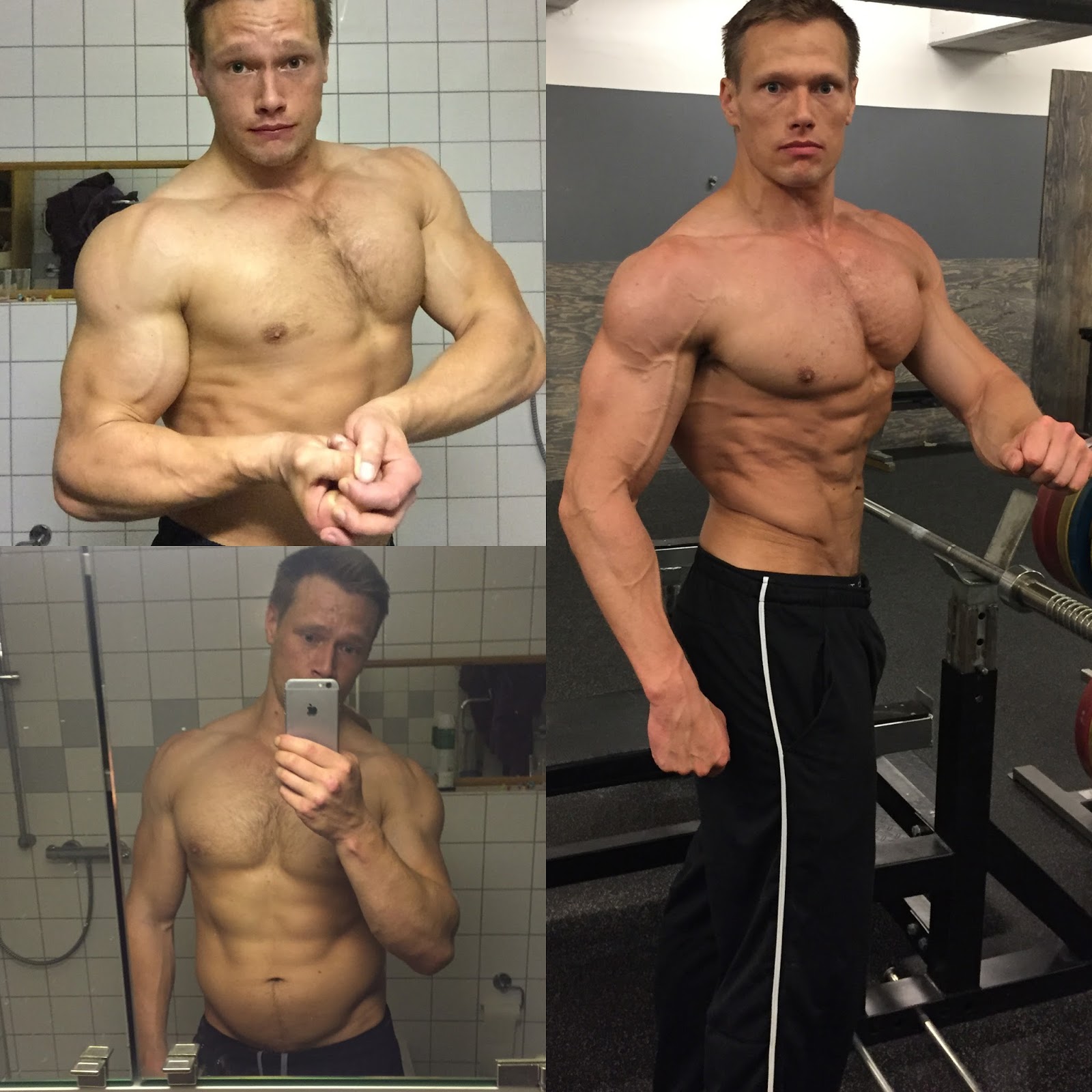Updated October 25th
After last month’s scientific debacle, there’s finally a good study on intermittent fasting and lifting. This one comes from Italy and also involves Grant Tinsley, but the change in scenery and colleagues must have done wonders for the man, because this is truly a huge bump in quality compared to his last publication.
I’ll remind you that the previous study that involved intermittent fasting and lifting was marred by intolerable food reporting. This study contains none of its predecessors glaring methodological flaws.
Thankfully, Greg Nuckols have already provided a good summary of the results. Since I also agree with most of his points and perspective, I’ll just link it here:
The “Leangains” Intermittent Fasting Study Is Finally Here.
…And that saves me a lot of time in the sense that I can just skip over the boring parts and get right to the meat of things.
Results
- In this study, intermittent fasting beats out a normal diet, assuming we count points based on the overall impact on body composition. Over 8 weeks, subjects doing intermittent fasting a la Leangains, lost a lot more fat – and even gained more muscle – than subjects on a normal diet.
- True, the muscle gain is non-significant – scientifically speaking – but for someone in the real world, adding 1.4 lbs of muscle over 8 weeks is quite a bit, especially if you’re simultaneously losing fat.
- These guys were not beginners either. Starting out with an average bench of 107-110 kg at 84 kg or so, they were well into the intermediate stage. It’s worth noting that the intermittent fasters upped their bench by 3.3 kg, while the other group barely gained anything (0.7 kg). Increasing your bench press while losing weight is a bitch, that’s why it’s worth noting. On the leg press, gains were about equal in both groups (8-10 kg).

Conclusion
All in all, I don’t think I could have asked for better results if I so funded this study myself. It would lie in my best self-interest to make a bigger deal about it all, but I can’t really muster up the same excitement when a good study comes along. I prefer to criticise and point out flaws and this study doesn’t have many.
Food reporting is a limitation, as always, but since you won’t ever see a study where this potential confounder doesn’t exist, you might as well spare people the redundancy of pointing it out every single time – unless the protocol is truly inadequate (which it was in the previous study, for example).
Here, there is no major discrepancy between the food intake reported and the actual results. A contributing factor to the much more precise numbers obtained here compared to the previous study, I think, lies in the fact that the subjects had a good amount of weight training experience (5 years) and thus were a lot more likely to know the ins and outs of what they were eating. If you’ve accumulated 5 years of weight training experience, it’s inconceivable that you aren’t aware of what you’re eating – this is in stark contrast to the previous study by Tinsley et al, which featured beginners with no weight training experience, and presumably matching diet experience, which is to say none.
Consequently, these results are as legit as they can be in my eyes. It would be cool to see them replicated, of course, but until that happens, it’s the best study* on intermittent fasting and lifting to date.
* Unless you’re counting my own “studies” of course. I will publish another one soon, but there are no great surprises here, because gaining muscle while losing fat is just business as usual in my book. Unless you’re at the advanced stage, you should be gaining muscle on a diet. I’m not talking pounds or inches, but you can and should see measurable progress on most of your lifts on a monthly basis, as long as the deficit isn’t too steep or the training regimen too dumb. Come to think about it, that’s actually a lot to ask for, so feel free to browse around this site to get a clue if you feel that you need one.

Update (Oct 25th)
Greg Nuckols rightfully mentions that several anabolic hormones decreased in the TRF-group but speculated that the decrease might not be explainable by the caloric deficit alone, which is something I don’t entirely agree with.
Subsequently, he brought up an interesting point in a private conversation.
Greg Nuckols: “I was thinking about the drop in testosterone in the IF group in that study. Since testosterone levels can fluctuate 25-50%+ over the course of a day, it may just be that daily IF shifts the diurnal rhythm of testosterone secretion. That seems like a more likely explanation to me than the VERY slight calorie deficit, since it generally takes a much larger deficit to have that sort of effect on testosterone levels. I wish they took several blood draws throughout the day to compare 24-hr AUC, because it’s well-known that eating patterns can shift the diurnal rhythm of other hormones.”
I told him it was a great point and that he should add it to his article. He replied that I could add it to mine if I want to, as he generally avoids talking about hormonal stuff, since it usually doesn’t play that big of a role in the grand scheme of things (in the physiological range). I can’t help but agree.











